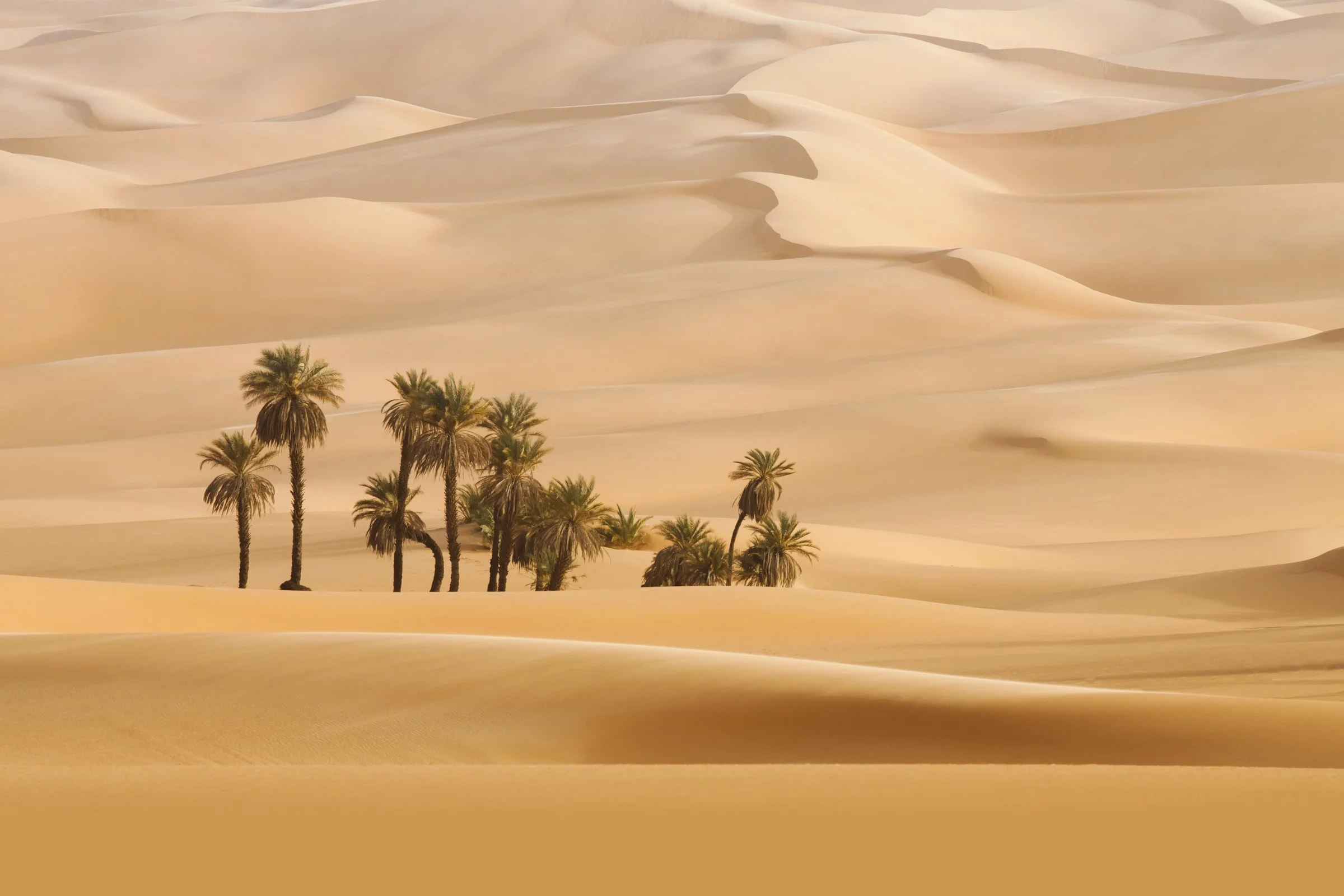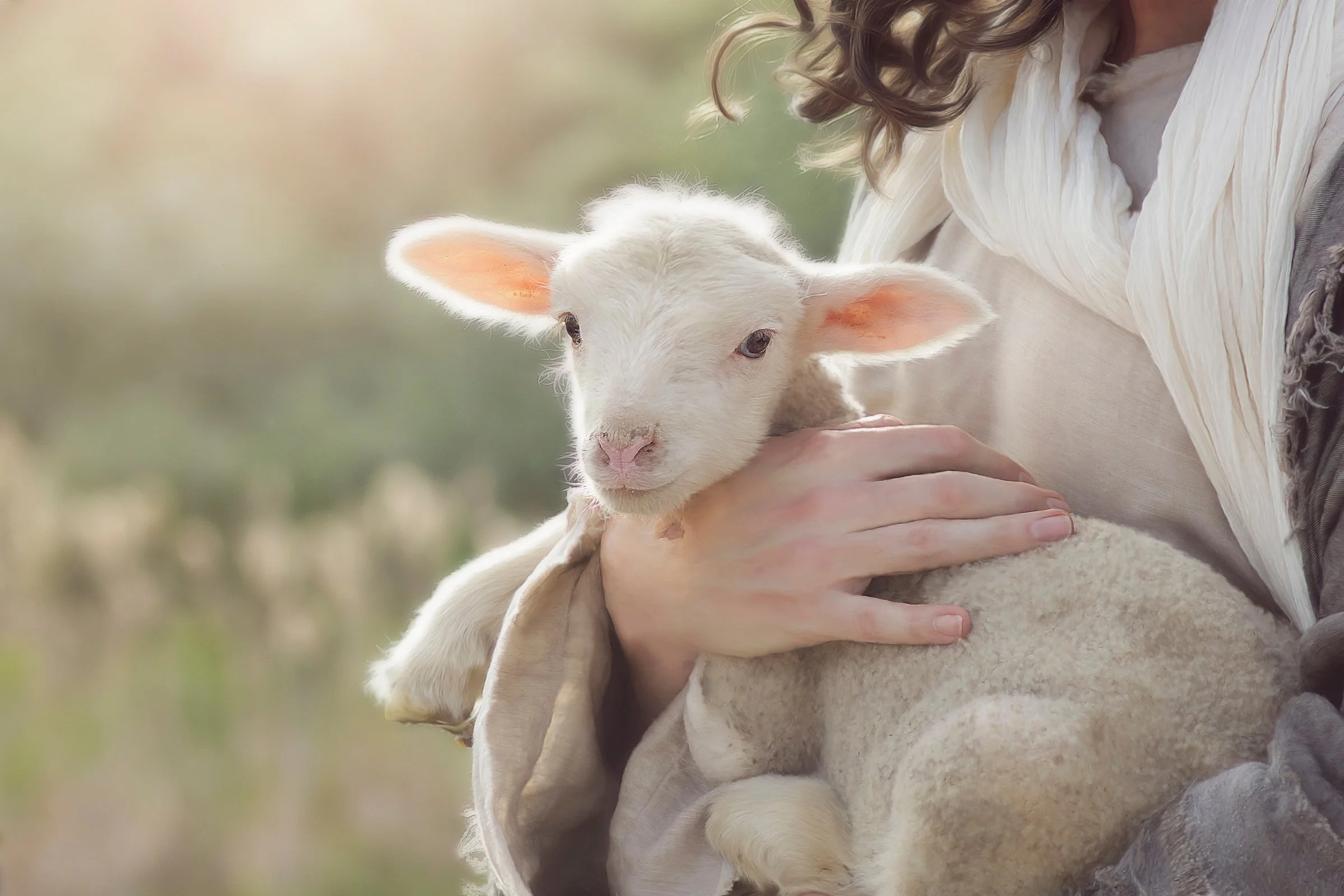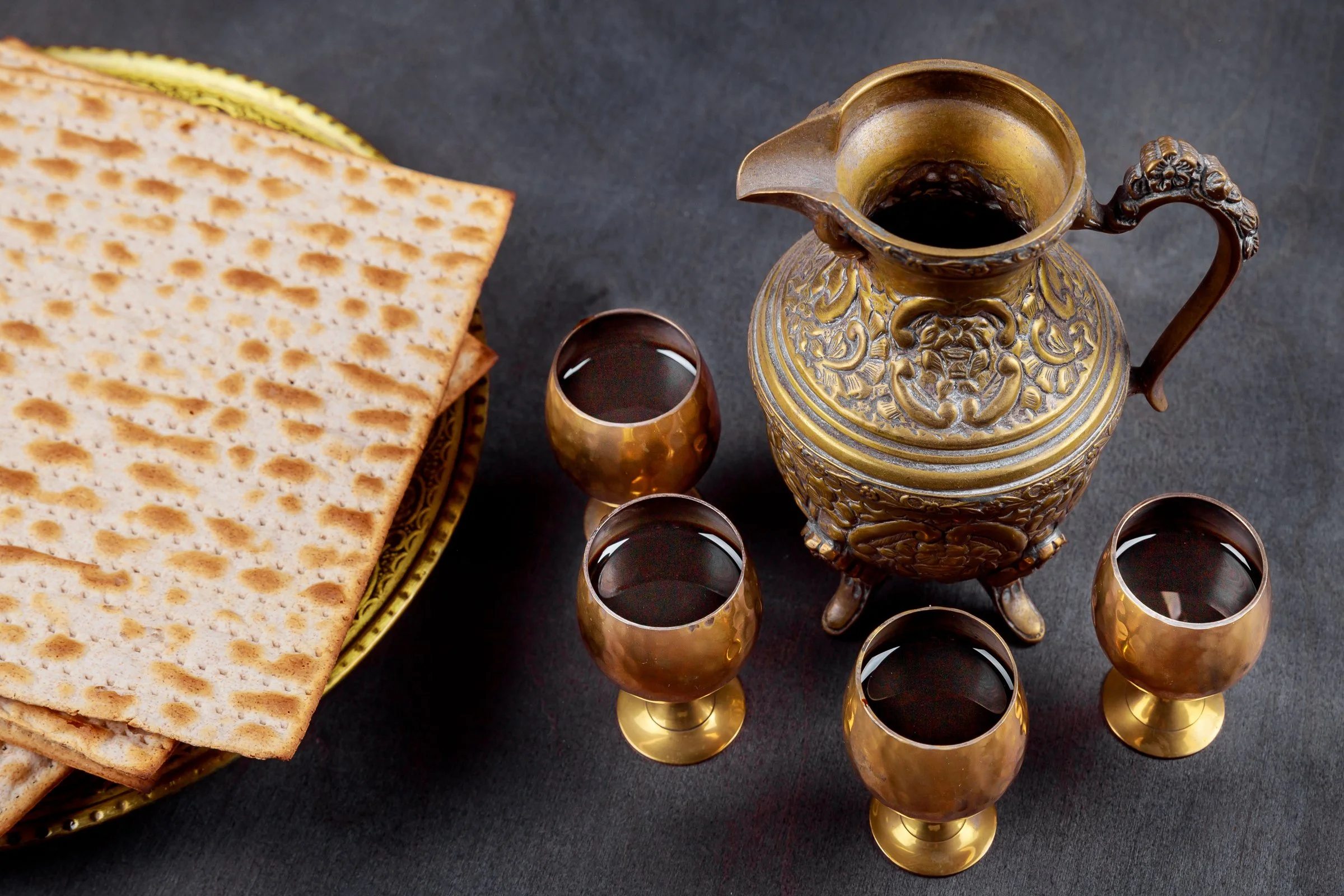The word “salvation” in Greek, Soteriology, is derived from two Greek words, Soteria, meaning salvation, and logos, meaning “word, discourse, or doctrine.” Having studied the infinite holy nature of God and the fallen, depraved nature of man, only God could bridge the gap between Himself and His creation. As Jesus said, “With men this is impossible, but with God all things are possible” (Mathew 19:26).
Resisting God's Will
It is written, “Who shall separate us from the love of Christ? Shall tribulation, or distress, or persecution, or famine, or nakedness, or peril, or sword?” “For I am persuaded that neither death nor life, nor angels nor principalities nor powers, nor things present nor things to come, nor height nor depth, nor any other created thing, shall be able to separate us from the love of God which is in Christ Jesus our Lord” (Romans 8:35 & 38-39). “For He Himself has said, “I will never leave you nor forsake you” (Hebrews 13:5).
God Will Provide for Himself a Lamb
We all know the story of Abraham, how he took his only son Isaac to Jerusalem and was prepared to offer him as a burnt offering to the Lord on Mount Moriah. They traveled for three days until Abraham saw the place in the distance. As he and his son carried the wood and fire for the sacrifice, Isaac asked his father a question:
“My Father? Look, the fire and the wood, but where is the lamb for a burnt offering?” Abraham responded: “My son, God will provide for Himself the lamb for a burnt offering” (Genesis 22:7-8).
Redemption of the Soul
It is written, “The LORD God formed man of the dust of the ground, and breathed into his nostrils the breath of life [nishmat chaim]; and man became a living being [in Hebrew a living soul—Nefesh Chaya]” (Genesis 2:7). Thus, God created man in His image, male and female He created us. We are therefore complex beings comprised of a body formed by the hand of God and made from the dust of the earth, and a soul, a spirit that God breathed into us. While certain basic instincts and emotions chemically derive from our physical bodies, our God-breathed souls contain the more profound essence of who we are. For this reason, we are not like any other creature.
The Tabernacle of Moses
A number of years ago I was asked to prepare a teaching on the Tabernacle of Moses—the Mishkan. I had read the endless narratives in the Torah many times where each part of the Tabernacle, meticulously detailed by the Lord, commanded the Israelites to only build a copy of the heavenly image. I had visited several life-size displays, one recently in Pennsylvania, but none revealed anything of particular magnificence. Even its size looked rather underwhelming—a small tent perched in the desert surrounded by miles of barren wilderness. From a near distance the structure would have been hardly noticeable.
Yom Kippur—The Day of Atonement
Yom Kippur, the Day of Atonement is considered to be the holiest day of the year for the Jewish people. It is a solemn day to afflict our souls, but it is also a joyful day in knowing that God will forgive our sins. It commemorates the day when God forgave the Jewish people for the sin of the Golden Calf.
The Kingdom of God
“There is a way that seems right to a man, But its end is the way of death” (Proverbs 14:12 & 16:25, NKJV). Yeshua affirmed this when He said, “Enter by the narrow gate; for wide is the gate and broad is the way that leads to destruction, and there are many who go in by it. Because narrow is the gate and difficult is the way which leads to life, and there are few who find it” (Matthew 7:13-14).
Mysteries of Christ in The Passover
The Exodus from Egypt and the liberation of the Jewish people from slavery marked the birth of the nation of Israel, and is considered by the Jewish people to be the single most important event in their history. The delivery itself was both miraculous and divinely orchestrated entirely at His hand. The Lord had sent Moses to Pharaoh to deliver this message; “Let my people go, that they may hold a feast to Me in the wilderness” (Exodus 5:1, NKJV).









